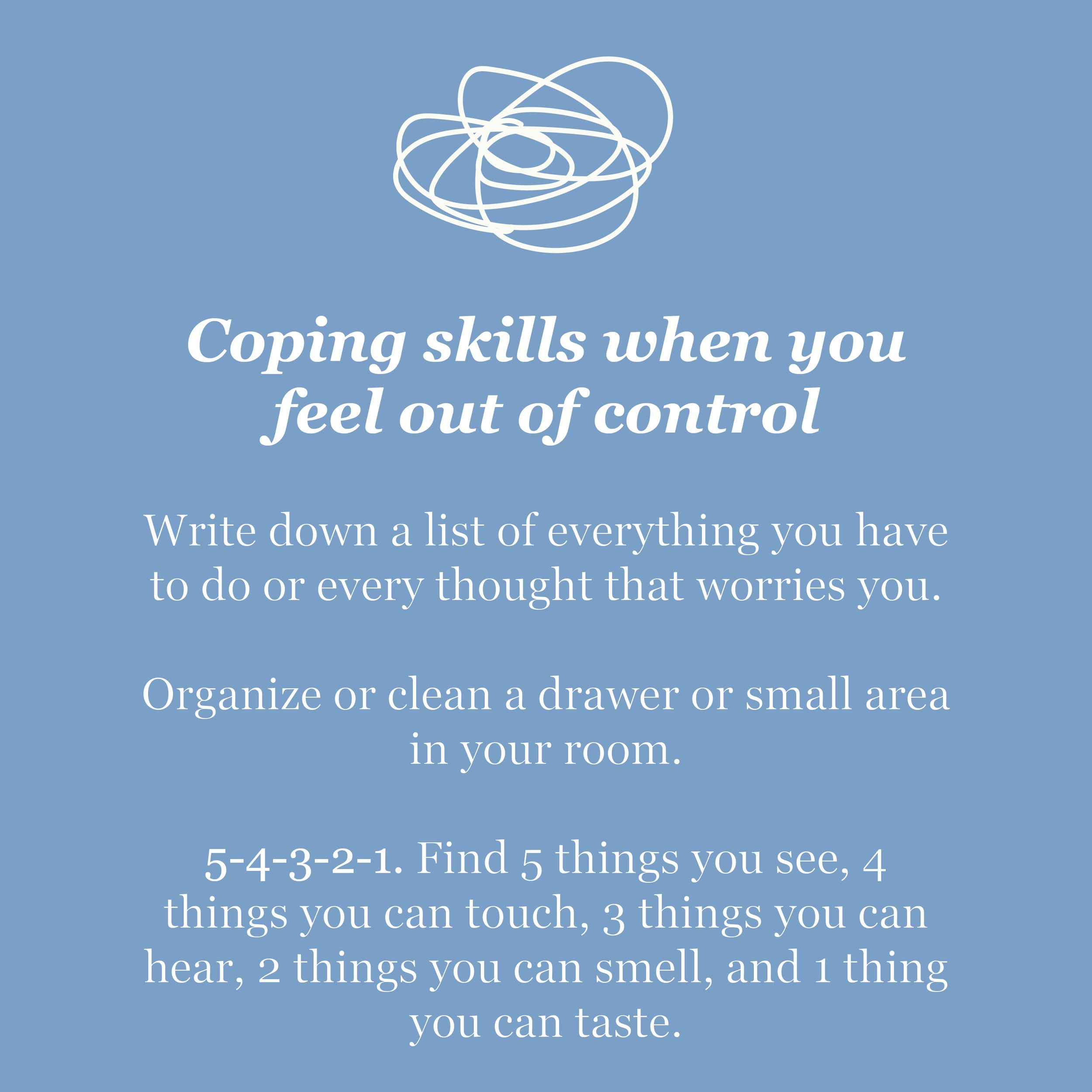5 Steps to Manage Your Emotions
Has anybody ever told you to calm down when you are upset?
For most people, that does not help at all… It can even make us more angry, sad, or anxious than we were before!
That’s because it’s not always easy to bring an emotion back under our control, especially when we aren’t sure what’s going to help us in the moment.
When you start to feel fear, anger, or depression coming to the surface, what do you normally do? Maybe you start to cry or want to be by yourself. You might say some things you regret or feel that things are spiraling out of control.
While these are totally natural responses, I want to equip you with a toolbox of healthy and effective coping skills to help you bring down the volume on your emotions. They will not get rid of what you’re feeling, but allow you to feel a bit more in control and able to manage how you respond to your emotions.
First things first: Pause and take a moment to process what you’re experiencing when your emotions get loud!
Next time you notice that a certain feeling is taking hold, run through these questions:
1 - What emotion am I feeling?
2 - What do I need in this moment?
3 - What do I normally do to meet this need?
4 - What is a healthy way I can meet this need?
5 - After trying this coping skill, do I feel that it helped or should I try something different next time?
Here’s an example of how this could look practically.
Imagine that you and your friend got into a big fight and some unkind words were said. Instead of immediately reacting, you decide to quickly ask yourself some questions to make sure you are managing your emotions instead of your emotions managing you.
1 - What emotion am I feeling? It seems like anger on the surface, but really I am feeling hurt.
2 - What do I need in this moment? I want to get back at my friend, but I think that I actually need comfort and to feel loved.
3 - What do I normally do to meet this need? I tell my friend off and then scroll on TikTok for an hour.
4 - What is a healthy way I can meet this need? I could write down what I want to say to my friend and then throw it away. I could also find comfort in practicing saying positive affirmations, watching one of my favorite movies, or asking someone I love for a hug.
5 - After trying this coping skill, do I feel that it helped or should I try something different next time? Some of those things helped, but I think I need to try something with movement to help me lower my emotion next time.
Here are some coping skills we recommend you keep in your back pocket to help quickly redirect your emotions in a healthy way:
Finding what works best for you when emotions feel loud takes time, curiosity, and a willingness to try new things.
This short question checklist is just a starting point. You will have to go through some trial and error as you fill your tool box and learn what truly helps when you are angry, when you are lonely, or when you feel overwhelmed.







